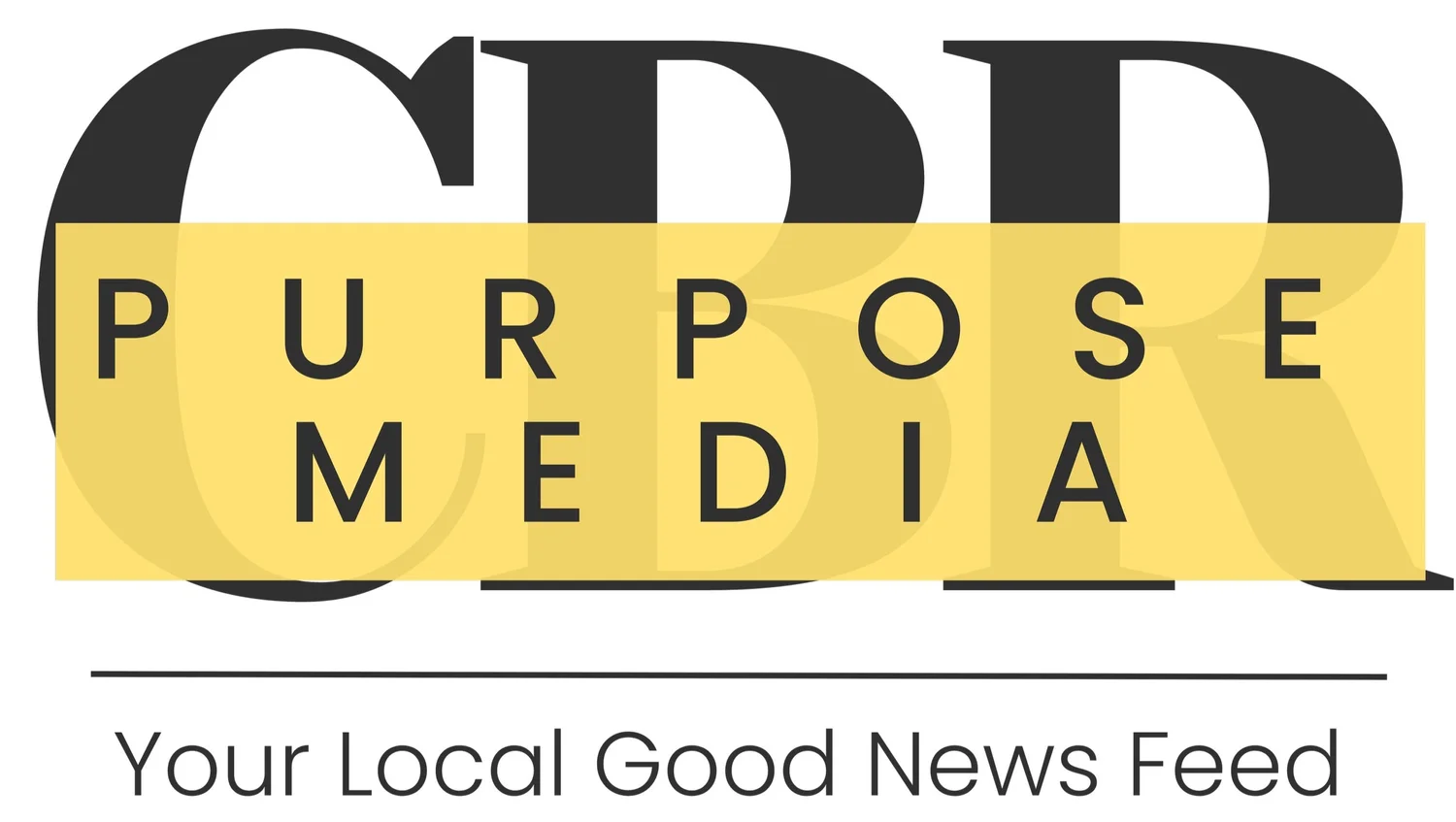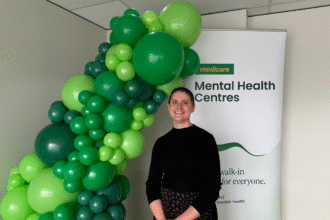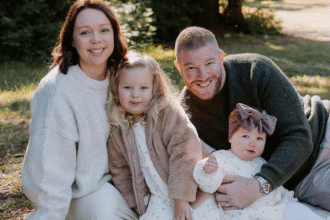When we talk about the NDIS, one thing is always front of mind: independence. For participants, independence looks different depending on the impairment they live with and the supports they need day to day. For Allied Health professionals, it’s about showing how their recommendations actually connect to that independence.
The National Disability Insurance Scheme (NDIS) is now reshaping the way reports are written and assessed. Recent changes to the framework mean that everything must now link directly back to impairment, function, and outcomes.
So what does this mean for participants, providers, and the Allied Health teams who play such a critical role in the process?
A Shift Back to Impairments
The NDIS has always centred on helping people live their best possible lives. But in practice, reporting sometimes became focused on services or therapies without clearly explaining how those supports tied back to the participant’s impairment.
The new framework brings the focus back to basics:
- What is the impairment?
- How does it affect day-to-day independence?
- What supports will help build, maintain, or regain that independence?
For participants, this means reports need to clearly reflect their lived experience. For professionals, it means being more concise and targeted in demonstrating the link between impairment, functional impact, and support needs.
What Reports Must Include
From now on, Allied Health reports submitted to the NDIS will need to open with a summary on the very first page. This summary should include:
- The participant’s diagnoses.
- The impairment.
- How that impairment affects independence.
- The supports recommended to help achieve or maintain independence.
This shift is designed to make it easier for planners and decision-makers to see the direct connection between diagnosis, impairment, and the requested supports.
Goals and Outcomes Front and Centre
Reports will also need to be clearer about progress. Allied Health professionals will be expected to explain whether:
- The participant is making progress towards their existing goals.
- Those goals have been fully met.
- New goals have replaced old ones.
This is not just paperwork, it’s a way of making sure the NDIS continues to fund supports that are relevant, timely, and meaningful.
For example, if someone has achieved a goal of increasing mobility through physiotherapy, the report should show whether new goals have now been set around independence in the community, education, or employment.
Clarity Around Additional Services
Another key change is how requests for additional services are assessed. Allied Health reports must now spell out the type of independence a participant will actually gain from these new supports.
So instead of simply recommending “additional sessions of occupational therapy,” the report should explain the functional outcome: perhaps it will help the participant to independently prepare meals, manage personal care, or participate more fully in work or study.
This emphasis on measurable outcomes makes it easier for the NDIS to fund supports that demonstrate real impact.
Why These Changes Matter
For participants and their families, this may feel like another layer of red tape. But there’s an important opportunity here too. Reports that clearly tell the story of a person’s impairment and independence make it easier for planners to understand lived experience. That, in turn, improves the chances of securing the right supports.
For Allied Health professionals, the changes mean reports may take more thought up-front. But they also offer a chance to highlight the true value of therapy and interventions, not just what is being done, but why it matters for independence.
And for the broader community, these reforms help ensure that NDIS funds are directed to supports that make a tangible difference in people’s daily lives.
What Participants Can Do
If you’re an NDIS participant or carer, here are some steps you can take to prepare:
- Talk to your Allied Health team. Make sure they understand how your impairment impacts your independence. Be as specific as possible about the barriers you face.
- Keep track of your progress. Write down examples of how therapies or supports have changed your daily life, this can be powerful evidence when reports are being prepared.
- Think about your goals. If you’ve met a goal, what comes next? New goals show growth, but they also demonstrate the ongoing need for support.
- Stay involved in your reports. Ask to review drafts before they’re submitted to check whether they reflect your lived experience.
What Allied Health Professionals Can Do
For clinicians, here are a few practical tips:
- Use clear, plain language. Reports should be accessible, not just clinical.
- Always tie recommendations back to impairment and function.
- Highlight independence as the central outcome.
- Be specific when requesting new services, show what they will achieve.
- Include examples and real-world evidence wherever possible.
These small changes can make a big difference in ensuring reports meet the new expectations.
The Bigger Picture
The NDIS has faced criticism in recent years around consistency, transparency, and sustainability. These framework changes are part of a broader effort to strengthen trust in the system. By making reporting clearer, the scheme can make better decisions and continue to support the independence of people with disability.
For the Canberra community, where Allied Health plays such a critical role in supporting thousands of NDIS participants, these changes matter deeply. They’re not just bureaucratic tweaks, they’re about making sure every dollar spent gets the best possible result for people living with disability.
At its heart, the NDIS is about people. About their independence, their goals, and their right to a life lived to its fullest.
By focusing reports squarely on impairments, functional impact, and measurable outcomes, the scheme is aiming to strengthen its ability to deliver on that promise.
For participants, it’s about making sure their story is told clearly. For Allied Health, it’s about showing the true impact of their work. And for all of us, it’s about building a system that works better, fairer, and more transparently.
👉 What do you think of the changes? If you’re an Allied Health professional, carer, or participant, we’d love to hear your thoughts. Share your experiences with us at Purpose Media CBR so we can continue shining a light on the stories that matter most in our community.








